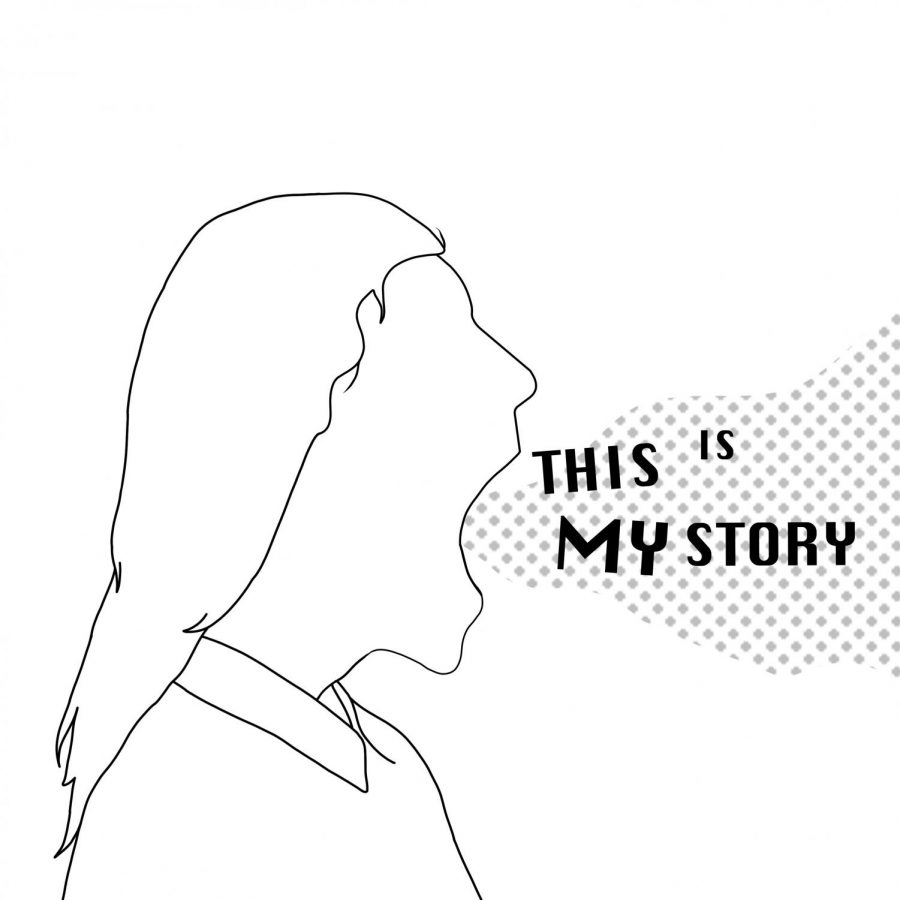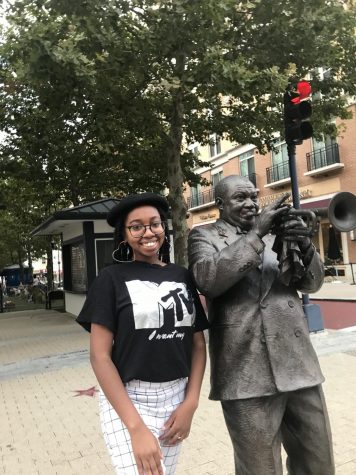We’ve always loved stories.
Even from a young age, stories played a vital part of many of our upbringings and traditions.
Today, we still love stories. We love sharing some of our fondest memories as much as we enjoy listening to other people’s exciting adventures. We tend to share the best parts of ourselves without really realizing it. Whether it is a compelling tale of triumph after overcoming adversity or a funny moment that happened to us in passing, storytelling is one of our favorite methods to communicate. It gives us all a greater and more vivid experience of life.
For some reason, even though we love stories, there are times when we won’t share our own and as I started writing this article, I realized something very profound about stories.
A story can only be a story if it is told.
The reason a story is created is to become a shared experience. This is what makes sharing as important to storytelling as the experience itself. Once a story is shared, it becomes part of all of us.
As college students, we are constantly faced with different narratives, viewpoints and perspectives on the world from others in our classrooms, our residence halls and on campus in general. The mere thought of sharing your own story can be daunting when you hear someone else share their own experience. It prompts you to take a deeper look at yourself, but it can also activate an interest in sharing your story.
But for some reason, you don’t.
Nevertheless, it is important that we do not silence ourselves or suppress our opinions, ideas and experiences. While it is possible that sharing your experiences may be triggering or traumatizing for you, we can often feel the consequence of suppressing ourselves soon thereafter and it isn’t a great feeling. However, if we share our experiences with others, there are a plethora of benefits that can come from it.
Sharing our stories with others invites others to connect with us. Whether the experiences we talk about are positive or negative — it doesn’t matter. The fact that we are share anything with others in a society that is either all-or-nothing is impactful in itself. It causes everyone who is listening to reflect on our words.
When you share your story, experiences, and truth with others, you gain a different level of respect. Listening to things and reading things with an autobiographical context is something that has the ability to grip someone emotionally. In doing so, people are forced to reaffirm or rethink themselves and their morals.
Telling your story will enhance your personal growth and maturity. Being confronted with the unfortunate realities that come with having difficult conversations or sharing negative or triggering experiences can be worth the growth. Growing not only for yourself but also for those who choose to be actively engaged in this journey of learning alongside you.
Sharing your experiences with others gives them the courage to share their stories, too. They may feel intimidated or afraid to talk about their experiences, but seeing someone else do it with such confidence gives them a sense of ease. Being respectful and avoiding language that can be considered offensive or triggering is important not only in this instance but as you mature and grow older.
Talking about your experiences and about what is important to you is an easy and effective way to create progress, start further conversations and connect with the people around you.
It is important to provide platforms and inclusive outlets for people to share their stories, particularly in college. Students can feel so lost, and this could be another reason why they may not even attempt to open up to anyone.
Sharing your experiences can help you find your voice. During your college journey, it is not all about the pursuit of academia. It is about pursuing your passions and learning about life as well as getting a sense of what being an adult is truly like in this day and age.
Often, without even realizing it, we discover who we are as people in the conversations we have, the friends we make, the stories we tell and so through many other channels. The power of sharing our experiences and being true to ourselves reaffirms what we believe. It boosts our confidence and pushes us to be better people. It may make us a bit uncomfortable for a little while, but the lasting impact is empowering and liberating when we’ve been able to share our story.
Something that one of my mentors taught me is that expressing to others what is inside doesn’t always have to be perfect. It’s your story and you are allowed to give yourself permission to be messy as you’re telling it. You don’t need to be put together the entire time.
The way you deliver your story insinuates a lot about where you are in the process of the experience in which you’re speaking of and it is more than okay. This is all apart of your story.
There is no right way to tell your story as it is yours to tell, so share it in a way that is best suited for you. It may be easier to first sit down with a friend, roommate or classmate rather than sharing it with a group of people first. You may also find it comforting to put it in writing and share it online or to record it on a podcast.
Either way, it is undeniably necessary to tell your story.
Trinity Bland is a sophomore studying journalism. Follow her on Twitter @trinityaliciaa.










